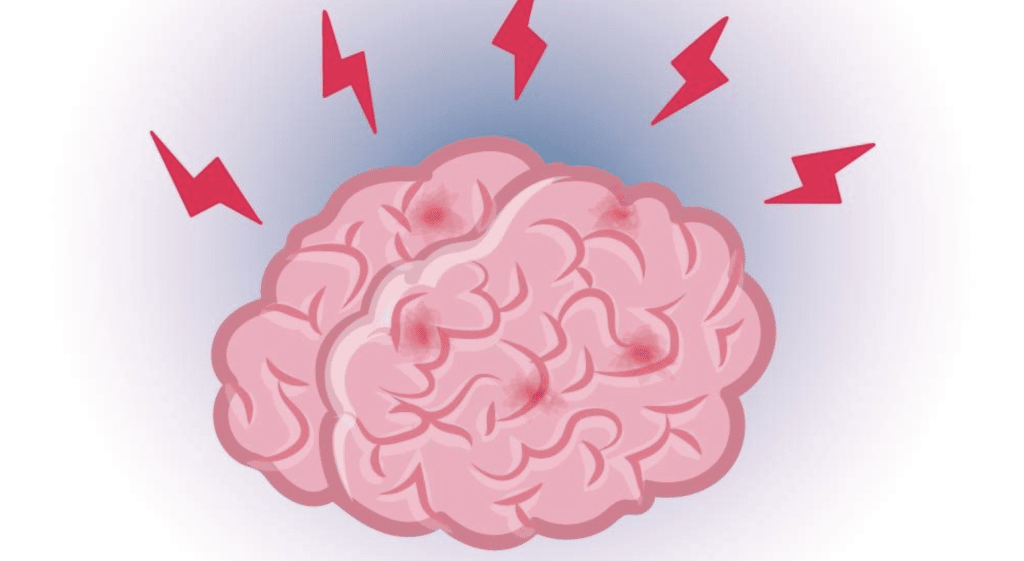It may seem like science is all about fun, and games don’t provide that. There is scientific evidence to support this. A recent study compared the brains of 18 students who played World of Warcraft for 10 hours each day. The gamers had less gray matter than gamers who played World of Warcraft for only 10 minutes a day. The gamers had less gray matter in the thinking part of the brain, which means they don’t have enough. However, this study came with a warning: video games only stimulate the parts of the brain that control movement and vision. The other parts of the brain involved in emotion did not develop. They also conducted experiments on gamblers. Bluechip casino players were monitored for an increase in serotonin as they played, emotions appeared, and mood improved. From this it can be understood that gambling brings more pleasure, experience, and emotion.
Science Education
Many games have a powerful effect on a person’s mental development. Studies show that games help students improve their scientific literacy and critical thinking. New research examines how games help students learn about the world around them. Among other benefits, games can increase students’ self-esteem and improve their social and emotional well-being. Studies have shown that video games have a positive effect on brain function, and have led to a tightening of curricula.
Gamification
Gamification has many benefits for science education. Gamification uses game elements to improve the user experience in non-game environments. Researchers are currently studying the impact of gamification on science education and its potential to improve learning. Quest2Learn schools, for example, have begun incorporating gamification into their curricula. Research shows that game-based learning enhances learning. Gamification not only increases student engagement, but also improves scientific thinking skills.
Neuroplasticity
Our brain’s innate ability to change is known as neuroplasticity, and it peaks during certain periods of life. According to the University of Missouri, our brains are more plastic at certain stages of development and learning. These sensitive periods may vary by skill, but they are the same for adults. Games, however, can help us modify our brain activity to become more joyful. Here are nine quotes about neuroplasticity and games.
Dopamine
The human brain is designed to crave video games. When you play video games, your brain fills up with dopamine. This is a good thing, but it can also lead to problems. If you play too many video games, you may develop a gaming disorder. Symptoms of this disorder include overproduction of dopamine and a decrease in its flow into your body. If you cannot control your urges to play video games, seek help.
Metacognitive awareness
A great deal of research shows that games can promote metacognitive understanding. This influence should be considered when designing educational games. These games should reflect students’ overall learning orientation. Researchers have identified various metacognitive processes that can be activated in serious games. Researchers evaluate these games to determine if students can benefit from their metacognitive abilities.
Motivating Children
Research has shown that playing video games has psychological benefits for brain development. These games stimulate the brain’s reward system. When you play, you get immediate feedback, which strengthens the link between competence and effort. Games also promote skill orientation. They promote concentration and intrinsic motivation. In addition, these games promote high levels of competence and control.
